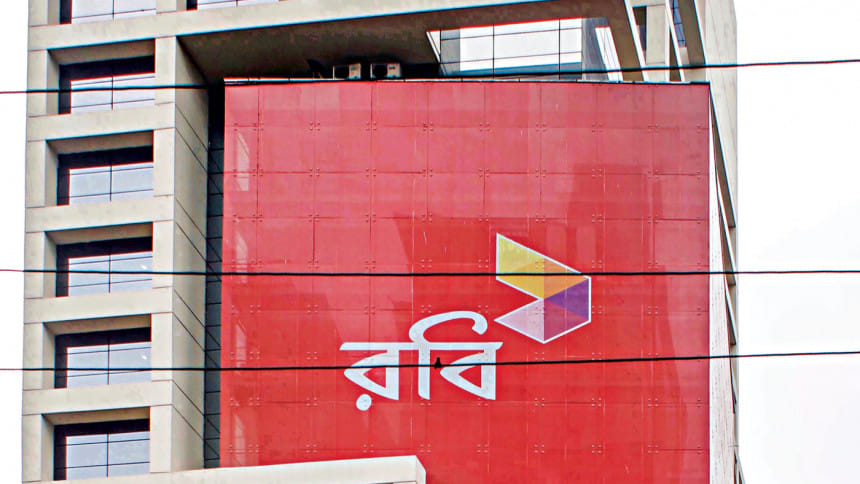Carriers divided over spectrum allocation top-up amid surge in demand

The quest for additional spectrum allocation proposal to manage the surge in demand for data during the protracted shutdowns has led to a faction among the four mobile operators.
Market leader Grameenphone is on one side and the rest -- Robi, Banglalink and Teletalk -- are on the other side.
The three have placed a proposal to the government last week seeking 5 Megahertz spectrum each from the 2,100 band -- where 20 MHz of spectrum has been sitting idle for years -- for free for three months.
This will ensure a win-win proposition for the users, operator and the government as well as the service quality will improve, they said.
The operators can recuperate their revenue losses and at the same time, the government's exchequer will get fattened by the extra tax from users.
The government used to get more than 50 per cent of the operators' revenue and will get more from the users' additional consumption, the three operators said.
However, from the onset, Grameenphone opposed the plan.
But soon after Robi, Banglalink and Teletalk had placed in their request for extra spectrum, Grameenphone put in a separate proposal: it wants extra spectrum and it wants to pay for it.
The three are now saying that Grameenphone is flexing its financial muscle: the Telenor subsidiary can afford to pay for the spectrum but they can't.
"They have always tried to make the spectrum price costlier so that none can afford it," said a senior executive of one of the three operators requesting anonymity to speak candidly on the matter.
Yesterday in a discussion with a group of journalists, Robi said due to the lockdown its data traffic has surged more than 25 per cent. It is not possible to maintain a standard customer experience for all with the spectrum it has.
"There is no alternative to the allocation of adequate amount of spectrum," said Shahed Alam, chief corporate and regulatory officer at Robi.
The operator has long been requesting the government to reduce the price of the spectrum to make it viable for it to purchase the amount of spectrum it needs to satisfy its customers' quality expectations.
Subsequently, it had applied for additional spectrum at a discounted price to the government and Bangladesh Telecommunication Regulatory Commission last year, which is still awaiting regulatory approval.
"We need to bear in mind that the request was made under normal circumstances. But now, with the pandemic in place, we need to approach it differently and with immediate effect to address the crying need of the customers, who have been compelled to adopt a digital lifestyle to remain connected to the society," Alam added.
Within seven days of receiving the spectrum, Robi can significantly improve its service quality.
And the government can take back the additional spectrum once the three-month period is over, Alam added.
The country's second-largest carrier also said that it has reduced the data price in compliance with the government's request and that squeezed its revenue.
However, in a session on Monday, Grameenphone said principally they cannot support the free allocation of spectrum as they are contributing to the government.
However, the spectrum is a crucial component to improving service quality for any operator and Grameenphone will take part in constructive dialogue for acquiring additional spectrum and its decision on the above would depend on the outcome of the discussions, said Hossain Sadat, the operator's director and head of regulatory affairs.

 For all latest news, follow The Daily Star's Google News channel.
For all latest news, follow The Daily Star's Google News channel. 



Comments